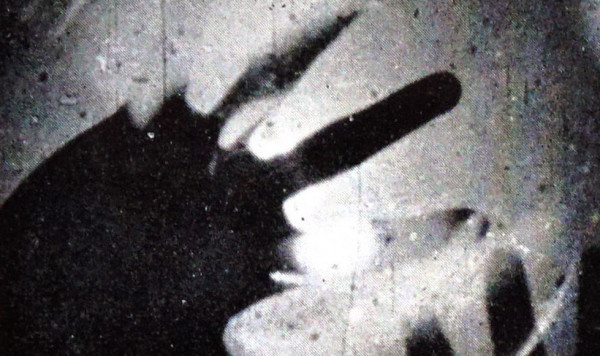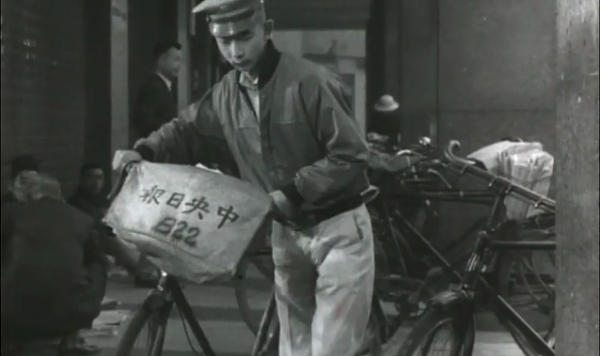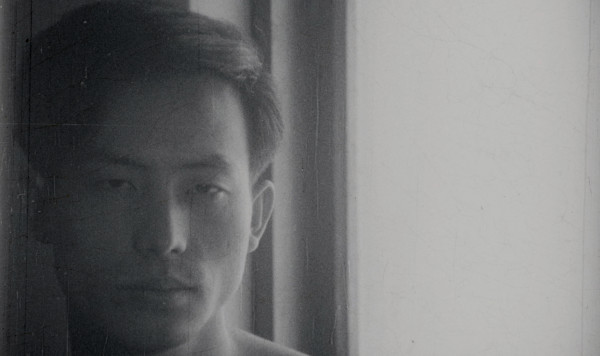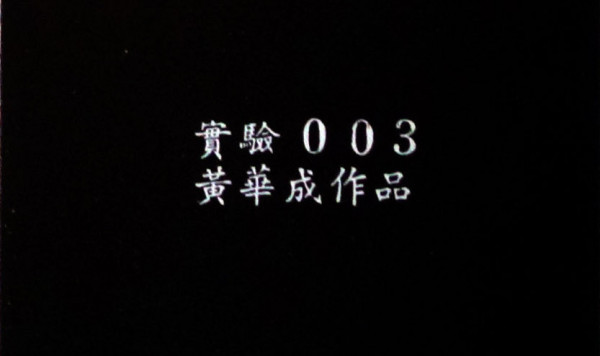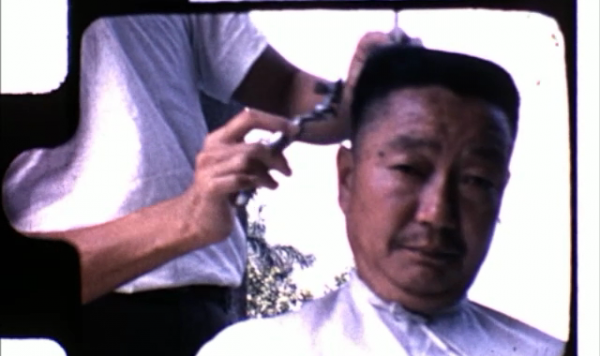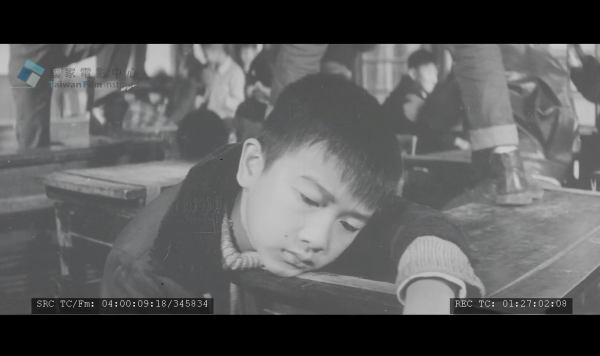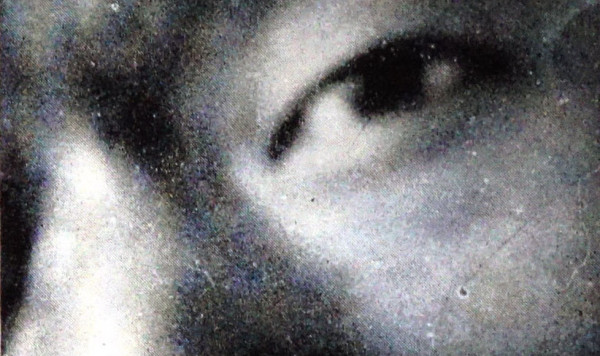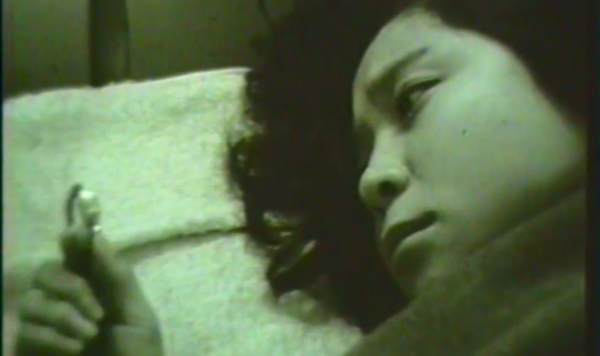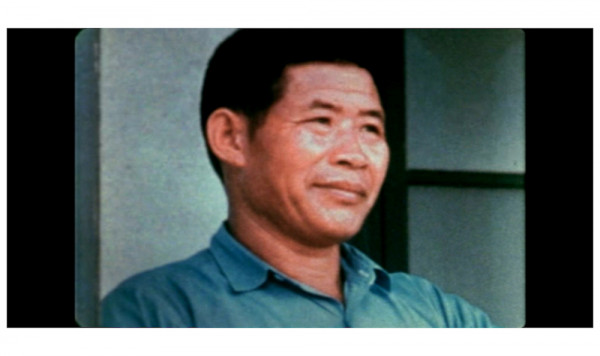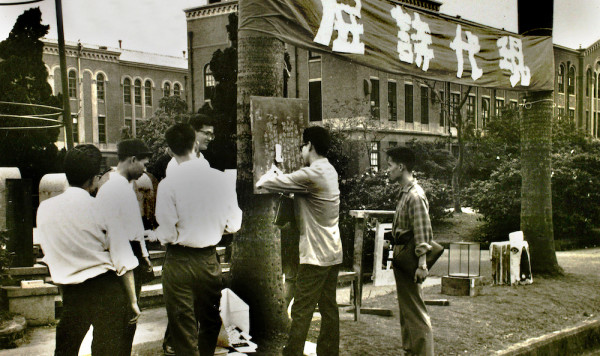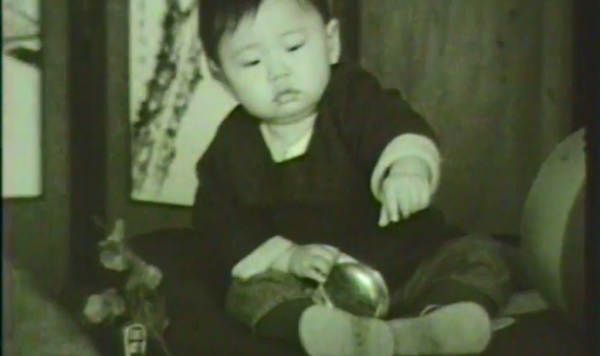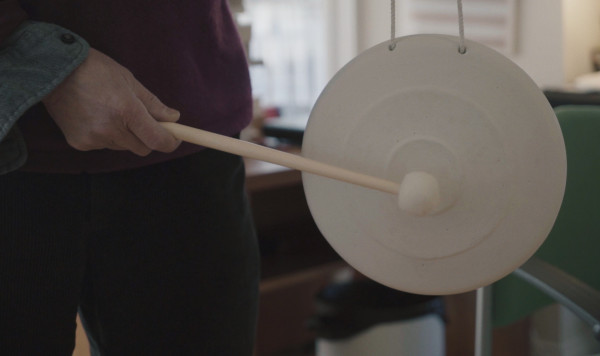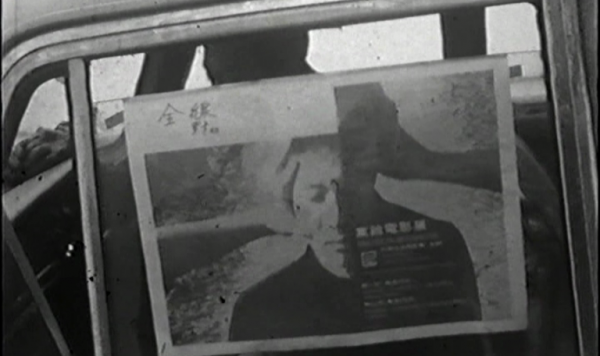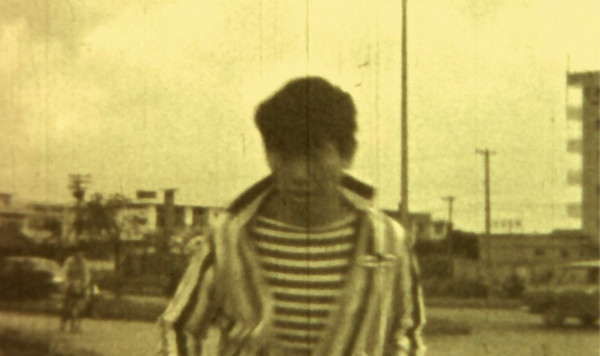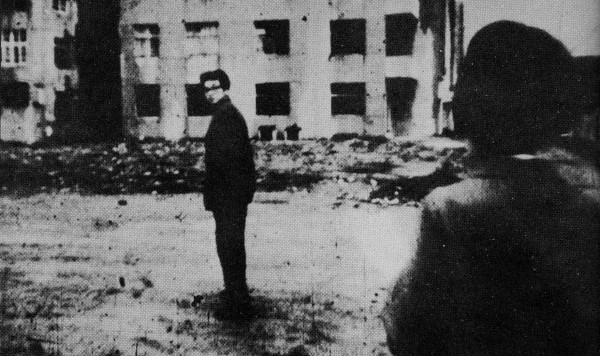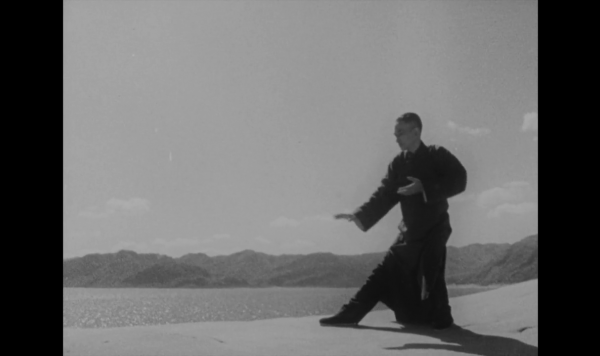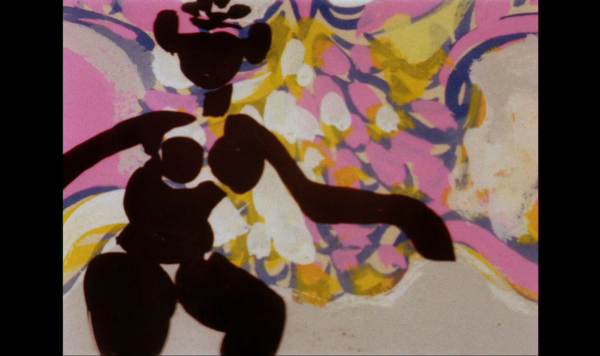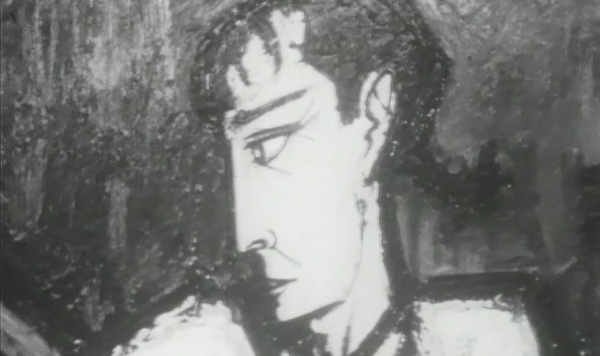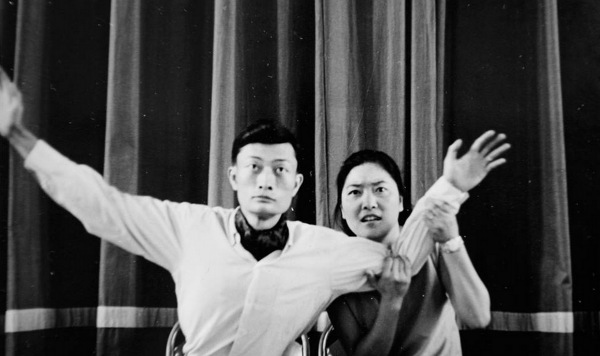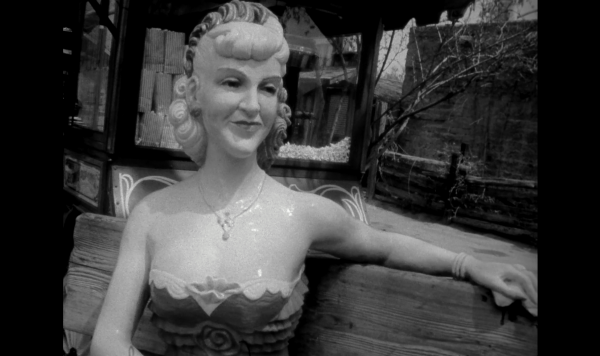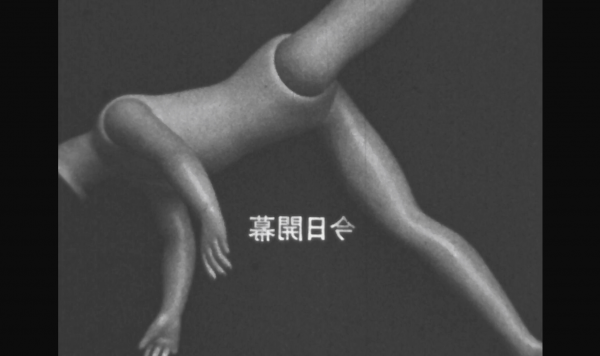五十年前一群文藝青年,在因政治環境限制的一種「空缺」狀態下,憑藉翻譯文字想像西方藝術電影的模樣,並進行自己的電影實驗;而五十年後的現在,我們似乎也只能藉由殘存文字或多方說法,想像這些失蹤的電影。「看不見」竟成為兩個時空的共同狀態!
本單元從這樣的「雙重想像」出發,依循多方史料找尋當年微光乍現的另類電影,線索包括藝術家、《劇場》雜誌、留學的電影學生、與台灣往來之香港或西方藝文人士等等。在當時的特殊時空下,這些作品或可成為現實的某種折射,它們的重新出土與問世,則希望能與咸被認為充滿「現代/前衛/實驗」精神的1960年代文藝風潮,進行對話與補充。
順著此一脈絡,可見所謂前衛其實來自某種想像,然此想像本身或也存有前衛性的意義。這波1960s的電影實驗運動,可說是「想像式前衛」,而以策展企圖重現之,則是一種「前衛式想像」。
特別感謝:張照堂、張世倫

Taiwan Spectrum|Imagining the Avant-garde: Film Experiments of the 1960s
Half a century ago, restrictions resulted from the political situation left a group of art and literature-loving young Taiwanese people with no other choice but to rely on translated books to imagine what Western art films were like; moreover, they carried out their own experiments on film. Half a century later, it seems that we can only rely on the fragmented written accounts that have survived and various theories to image what these lost films looked like. Unfortunately, ‘not being able see the real thing’ becomes the common thread between now and then.
Starting from the ‘double imagination’ described above and based on historical documents from various sources, we search for the independent films made during that period. Our clues come from the artists, the Theatre Quarterly, the film students who studied abroad and those in the Hong Kong and Western literature and art worlds who were in contact with their Taiwanese counterparts. Under the unique circumstances at that time, these films might reflect the reality in some way, and we hope that the rediscovery and revival of these works would provide us with extra materials and allow us to conduct a conversation with the 1960s, a period known for its modern, avant-garde and experimental spirit.
From what is described above, one can see that the so-called ‘avant-garde’ actually comes from imagination, and imagination itself might be some sort of avant-garde. These film experiments of the 1960s could be seen as the ‘imaginary avant-garde’ and our ambition to revive them is a kind of ‘avant-garde imagination’.
Acknowledgment: CHANG Chao-tang & CHANG Shih-lun

